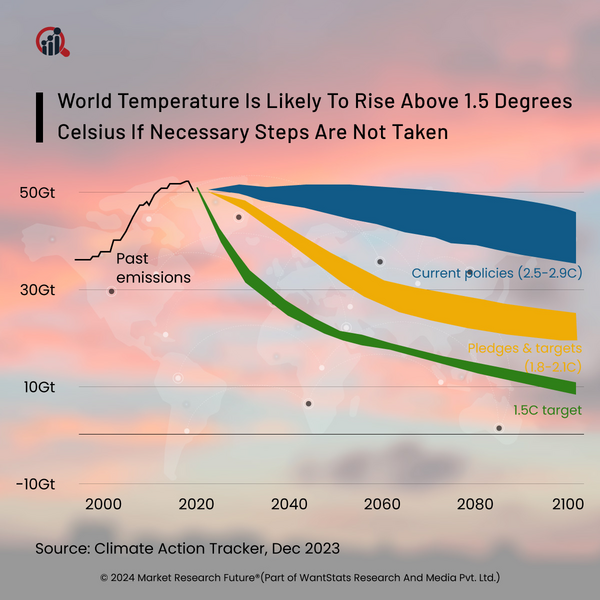
Robot Tax Implementation in the United States
By Aarti Dhapte , 27 November, 2023
Robots and automation have set up their base in the technologically evolving market, thus impacting the job market. The market is expected to grow in robots and automation soon. A new question has arisen in the United States on whether to implement a robot tax.
As per 2023 estimation, the manufacturing of robots in the North American region has increased to more than 12 percent in 2022. The growing advancements in robotics and automation have given concerns over the impact on the employment sector and specific jobs. The robot tax idea means that every time the company chooses robots over human workers, it must pay a tax. The robot tax has two aims: to discourage companies as they replaced human workers with robots and to produce a tax for the government to compensate for the loss of payroll taxes. According to the data from trusted sources, a 37 percent drop is seen in the number of ordered industrial robots in the North American region from April to July 2023 than the same period in 2022. For the first half of 2023, 16,865 robots were ordered, which accounted for a fall of 29 percent in the robotics market in North America.Some experts view robot tax as the medium to lower the inequality in the job market, and the rest of them suggest altering the labor laws or making reforms in the labor market to address the issue. The experts note that robot tax should not hinder the innovation and manufacturing sector enhanced due to robotics and automation. Based on a study report conducted in 2023, the best taxing range falls between 1 to 3.7 percent of the robots' value. If implemented, the robot tax can support workers from falling victim to inequality and losing their jobs, as robotics and automation pave the way for more effortless functioning of manufacturing, technical support, and others.
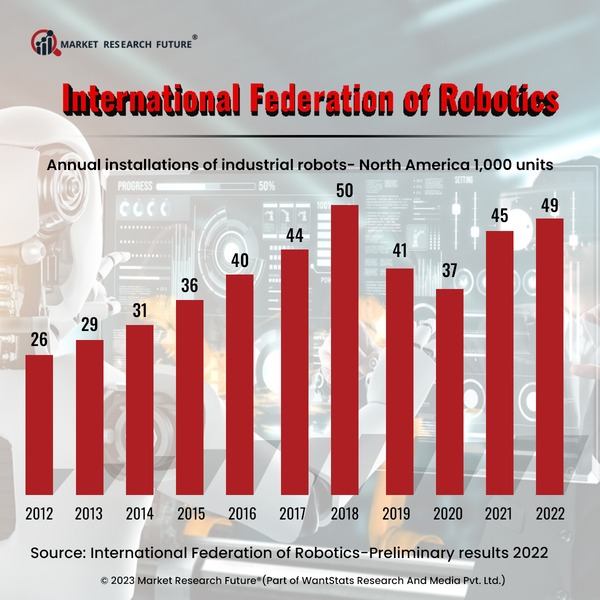
Latest News

The climate change issue is necessary since the global clean energy transition has emerged. Green energy transformation requires specific environmental changes strictly followed by the industrial sectors. However, global warming can reduce the…

Solid-state batteries have not been in use for a long time. However, the rising demand for electric vehicles in the automotive market may revamp the sulfur content of solid-state batteries. There are many advantages of sulfur in solid-state…
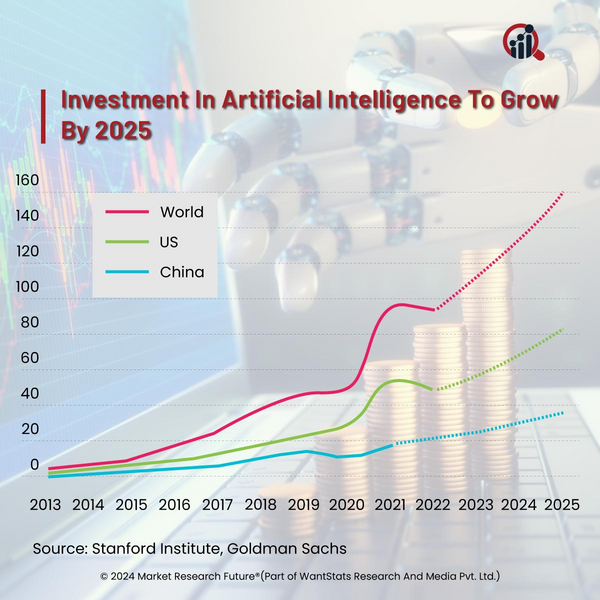
Artificial intelligence is enhancing the tech industry nowadays. In the past years, artificial intelligence has played a pivotal role in functioning cloud computing and other tech industry infrastructure. One of the bug techs, Microsoft, is investing…
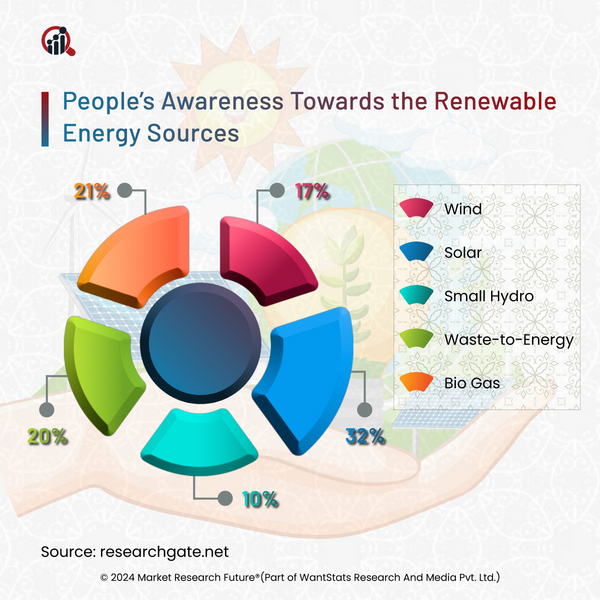
Renewable energy is considered as an alternative to fossil fuels. Nations are replacing fossil fuels with renewables to achieve sustainability in the environment. Renewable energy sources regulate specific sectors like electricity, transportation…
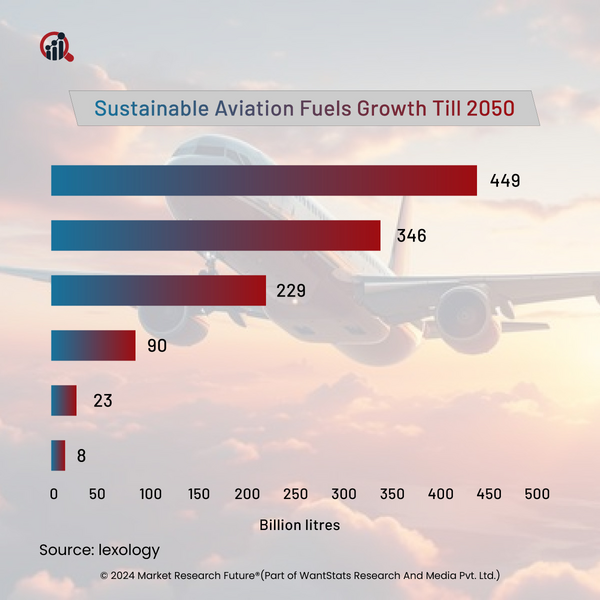
In the industrial applications and production sector, sustainability will play a significant role in 2024. Industries are growing interested in adopting sustainable approaches in light of the clean energy transition. The aviation industry in 2024…

Team Lead - Research
Latest News
















